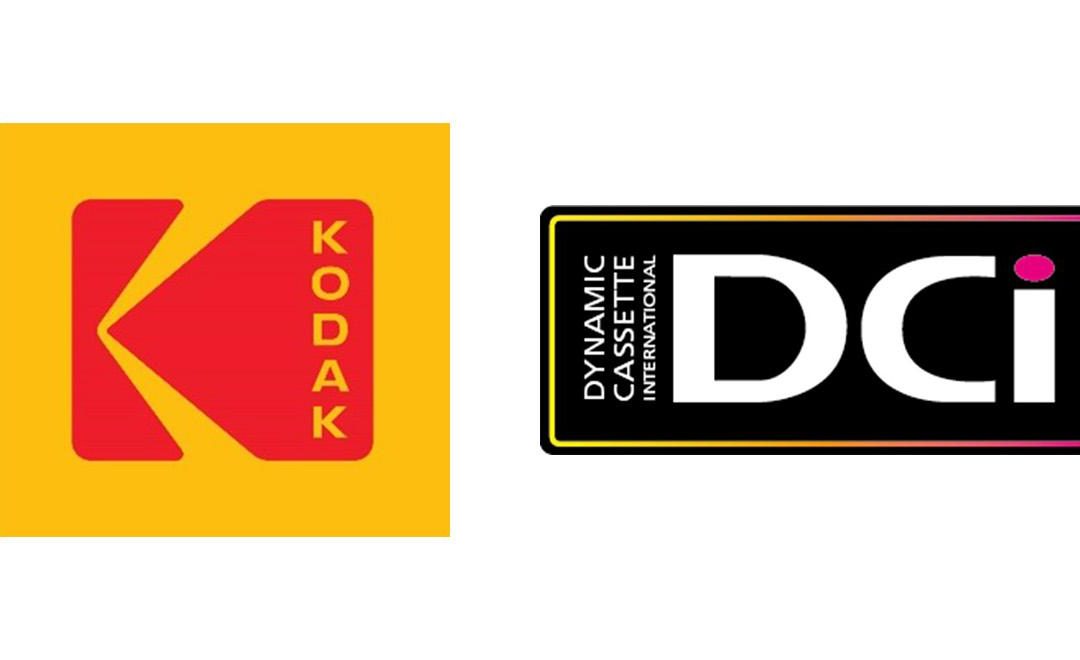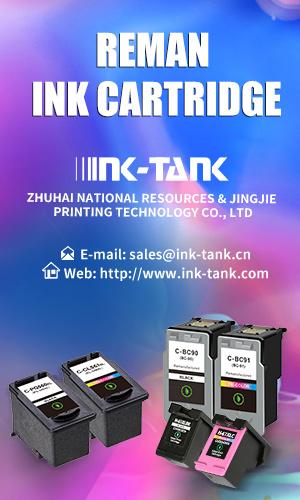DIC Corporation announced that it has partnered with SAP SE to undertake a pilot project using blockchain technology in the construction of a waste plastics traceability system that will advance the recycling of plastic resources.
The new pilot project will use the GreenToken by SAP system to track raw materials across the entire supply chain, from the point of generation, to enhance the visibility of production and inspection processes, and of data pertaining to physical properties and quality. This will help customers understand how much recycled material is actually contained in the recycled plastics they are using.
GreenToken by SAP uses private blockchain technology to make the supply chain transparent, following materials throughout the resource life cycle, from origin through manufacture, sale, use, collection, pulverization, recycling and reuse. Digital twin technology makes it possible to record information, including unique raw material attributes related to origin, carbon footprint and source of collected polystyrene containers, as well as sustainability certification data, using tokens. The issue of tokens provides the means to track recycled materials even when they are mixed with other raw materials and processed into new products.
“Consumer awareness of the circular economy is high. This has increased demand for sustainable packaging,” said Yuji Morinaga, Executive Officer and General Manager of DIC’s Packaging Material Products Division. “Our work with the GreenToken helps substantiate environmental claims, and supports our mission to advance the recycling of plastics and build a closed-loop recycling system that employs chemical recycling.”
GreenToken by SAP is a solution developed through SAP’s intrapreneurship programme. “Chemical recycling is key to accelerating the shift to a circular economy,” explained its Co-Founder James Veale. “Plastic from chemically recycled plastic waste is indistinguishable from plastic from conventional sources. Our solution proves that it really is circular plastic and provides complete, auditable supply chain transparency. That means more trust in recycling from customers and ultimately less waste in the environment.”
In its DIC Vision 2030 long-term management plan, DIC identifies responding to a circular economy as a central sustainability strategy and as a challenge critical to the realisation of a sustainable society. Looking ahead, the DIC Group said it will continue collaborating with customers and suppliers across its supply chain with the aim of achieving greater circularity in the important market for food packaging.
Our take on this: If this works for the food packaging industry, it would be very interesting to see if our industry will take up this new technology too to trace cartridges, waste and reuse of the cartridges.








